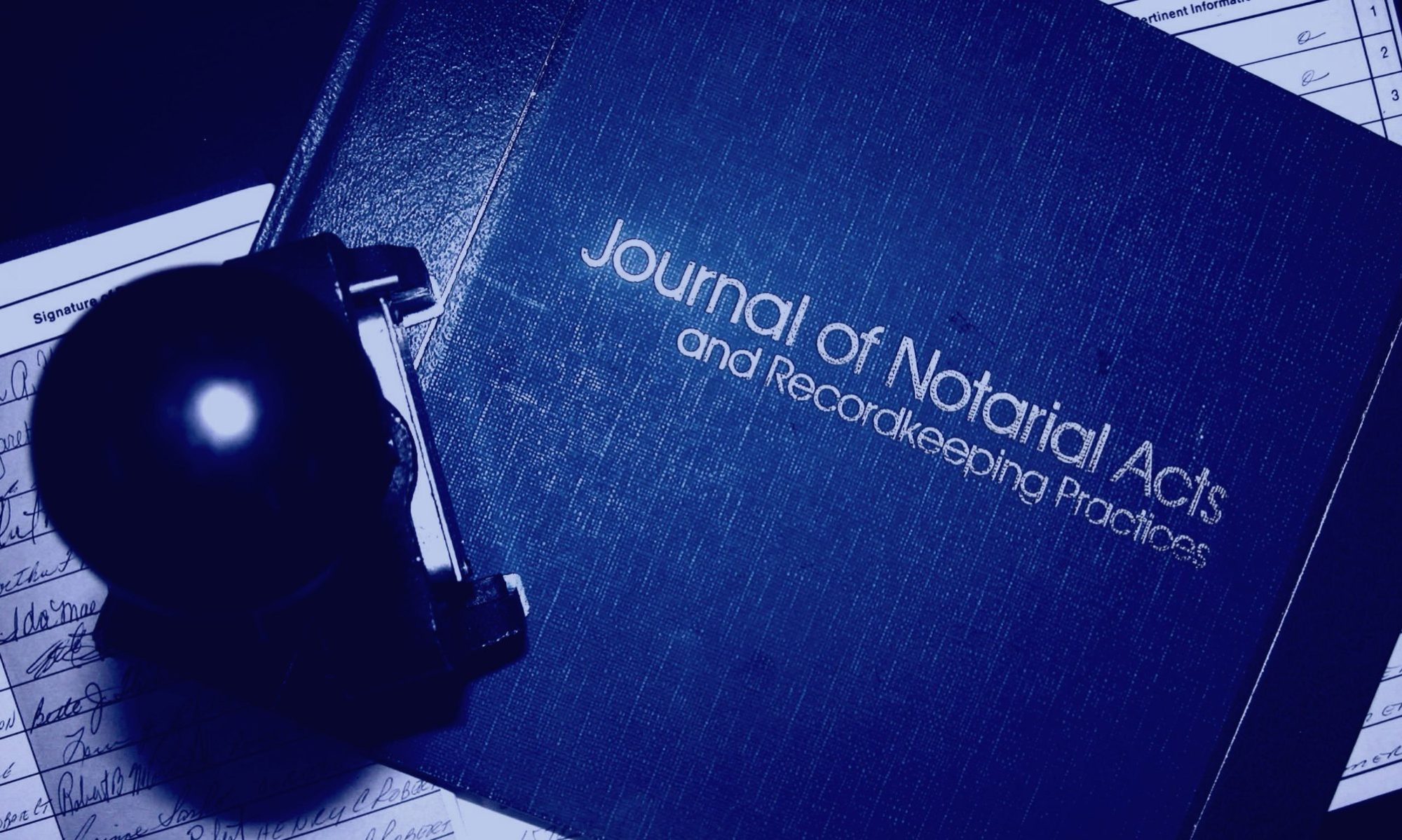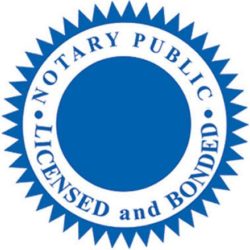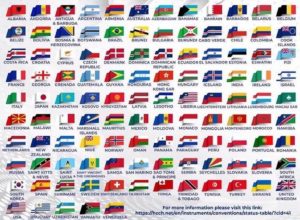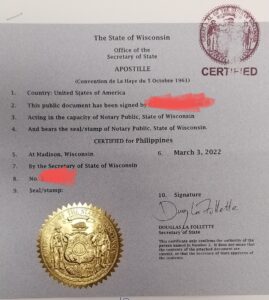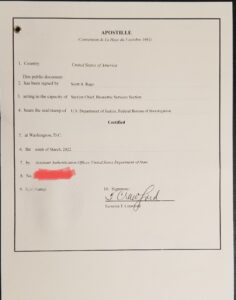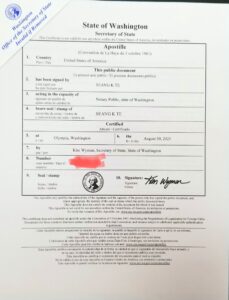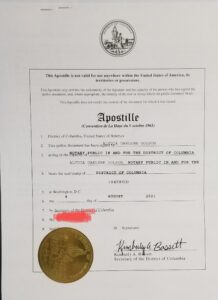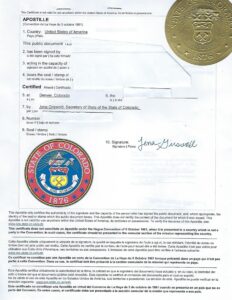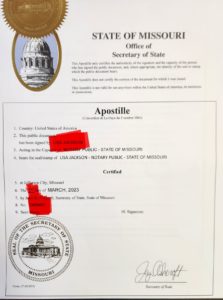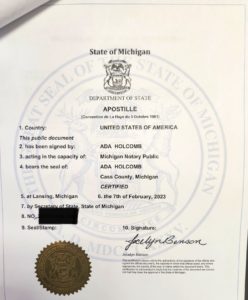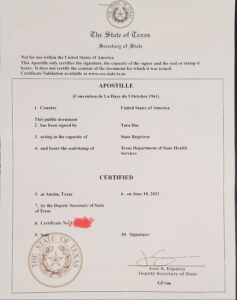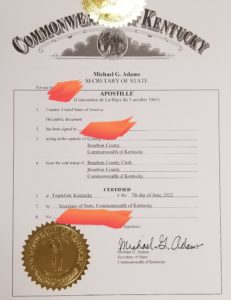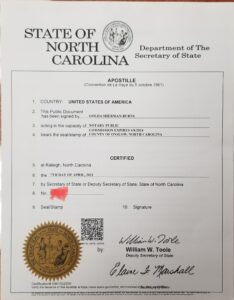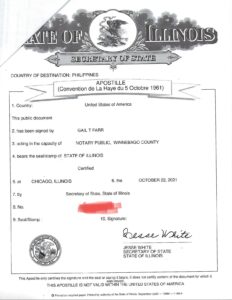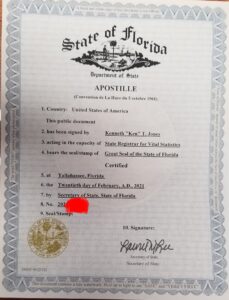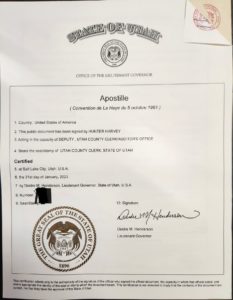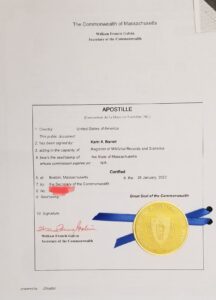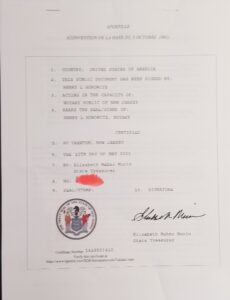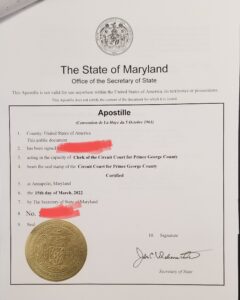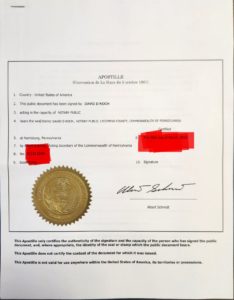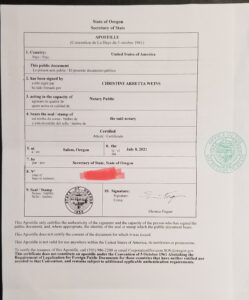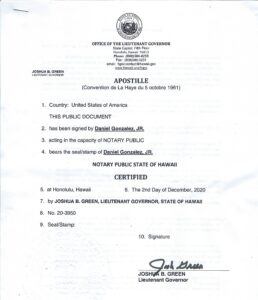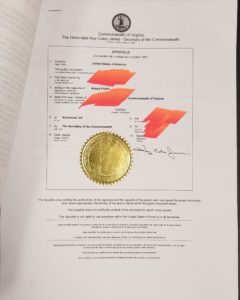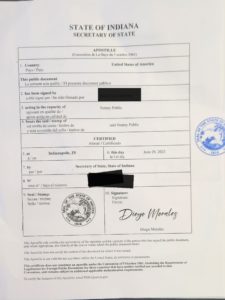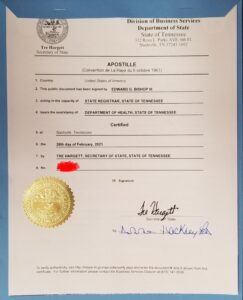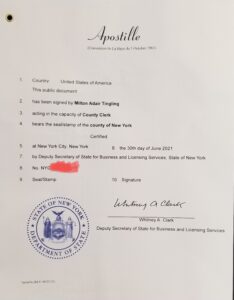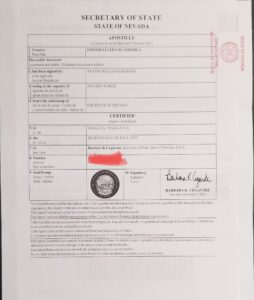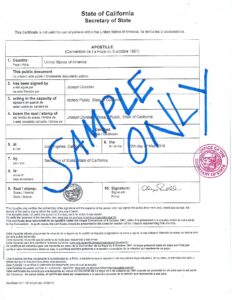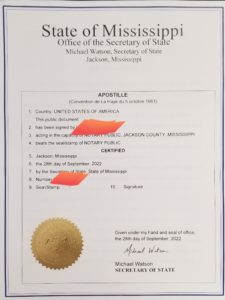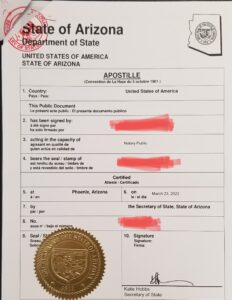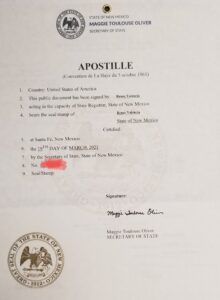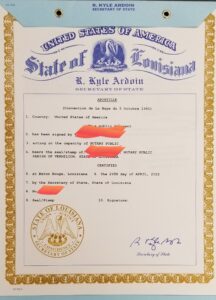Explore the services of a dependable Notary Public in West Covina, conveniently situated at Unit M, 1559 E. Amar Rd, West Covina, CA 91792. Our office is centrally located within the bustling Seafood City Plaza, Unit M of 1559 E. Amar Rd., positioned in the heart of the east side aisle amid restaurants, a hair salon, and more. Convenient parking spaces are readily available.
Our seasoned notary professionals are fluent in Mandarin/Chinese and Filipino/Tagalog, catering to a diverse range of needs.
Feel free to visit for notary services, and for assured assistance, consider scheduling an appointment by calling (855) 955-1800. Our team is committed to promptly addressing your needs.
Going beyond traditional notary services, we specialize in securing Apostilles for document authentication from ALL states of the USA, including federally issued documents such as federal background checks. Apostilles eliminate the need for "Red Ribbons" and are essential for documents intended for international or abroad use. Trust us to navigate the intricacies of obtaining Apostilles, ensuring your documents meet the highest standards of authentication.
Optimize our mobile services at an additional charge, customized to your location.
In addition to notarization and Apostille services, we extend our expertise to certified translations and I-9 verifications for employment purposes. Count on us to handle your documentation needs efficiently and professionally.
Map of West Covina Notary
Who is a public notary?
A Notary Public serves the public by being an impartial witness in performing a variety of official fraud-deterrent acts related to document signing. The acts are called notarizations or notarial acts. Appointed by state government, typically by the secretary of state, he is publicly commissioned as a “ministerial” official. Such official is expected to follow written rules without the exercise of significant discretion.
What is the role of a public notary in West Covina?
The first job of a notary is to screen the identity of the signers. Next he is to screen their willingness to sign without duress or intimidation. Lastly, he has to screen their awareness of the contents of the document or transaction. Sometimes, the public notary also will put the signer under an oath or affirmation. The signer has to declare under penalty of perjury that the content in a document is true and correct.
To earn the public trust, a notary public must be impartial. He is not to act in situations where he has a personal interest. That impartiality demands that a notary public not to refuse serving a person due to race, nationality, religion, politics, sexual orientation or status as non-customer.
What is a notarial act of a public notary in West Covina?
Different duties call for different notarial acts. Here are the most common notarial acts and the description of each is copied from the National Notary Association:
Acknowledgments
The purpose of an acknowledgment is to ensure that the signer of a document is who they claim to be and has voluntarily signed the document. Acknowledgments often are needed for documents concerning valuable assets, such as deeds, mortgages and deeds of trust.
To perform an acknowledgment, the signer must personally appear before you at the time of notarization to be positively identified and to declare — or “acknowledge” — that the signature on the document is their own and that they signed willingly.
While it is common practice for your client to sign the document in front of you at the time of the notarization, it is not necessary. Your client may sign the document before bringing it to you and declare — or acknowledge — to you that the signature on the document is theirs.
Jurats
The purpose of a jurat is for a signer to swear or affirm that the contents of a document are true. Depending on the jurisdiction, it also can be known as an affidavit or a verification on oath or affirmation.
For a jurat, the signer must personally appear before you and sign the document in your presence. You must then administer an oath or affirmation and have the signer speak aloud his or her promise that the statements in the document are true. The choice between an oath or affirmation should be made by the signer.
Administering the oath or affirmation is a vital part of performing a jurat or verification because the signer is affirming that the contents of the document are true, and he or she may be prosecuted for perjury if the contents are not true.
Oaths/Affirmations
In some cases, a client may simply need you to administer an oath or affirmation orally, rather than as part of a jurat, affidavit or other written document. The purpose of administering a verbal oath or affirmation is, again, to compel a client to truthfulness.
An oath is a solemn pledge to a supreme being. An affirmation is a solemn pledge on the individual’s personal honor. Again, the choice should be made by the signer.
Copy Certification
A copy certification confirms that a reproduction of an original document is a “full, true, and accurate transcription or reproduction” of the original.
Documents requiring copy certification may include: diplomas, driver’s licenses, leases, contracts, vehicle titles, Social Security cards, medical records and bills of sale.
To perform a copy certification, the person in possession of an original document (known also as the “document custodian”) takes the original document to a Notary. The Notary typically will make a photocopy of the document and complete a certificate for the copy certification to confirm that the photocopy is a true, accurate and complete copy of the original.
While copy certifications are considered a common notarial act, nearly half of the U.S. states bar Notaries from performing this type of notarization. Make sure to check your state’s guidelines to see if you may certify copies.
Of the states that do authorize this act, some stipulate that you may only certify copies of documents, not images, or other items. Other states allow Notaries to certify copies of both “records” and “items,” such as graphs, maps or images.
Many states also forbid the copy certification of vital, public documents, such as birth and death certificates, marriage licenses and deeds. And as a general practice, the Model Notary Act (section 2-4) recommends against certifying copies of these types of documents. Certified copies of these documents may be obtained from the agency that holds the originals.
Signature Witnessing
A number of states authorize Notaries to perform a signature witnessing. With this notarial act, you certify that the individual appearing before you is who he or she claims to be, and the signature on the record is the signature of the individual before you.
The main difference between a signature witnessing and an acknowledgment is that you witness the document being signed. The main difference between a signature witnessing and a jurat, affidavit, or verification upon oath or affirmation is that, with a signature witnessing, you do not administer an oath.
Common Notarial Certificates
In California, these notarial acts are often completed with one of the following common notarial certificates:
